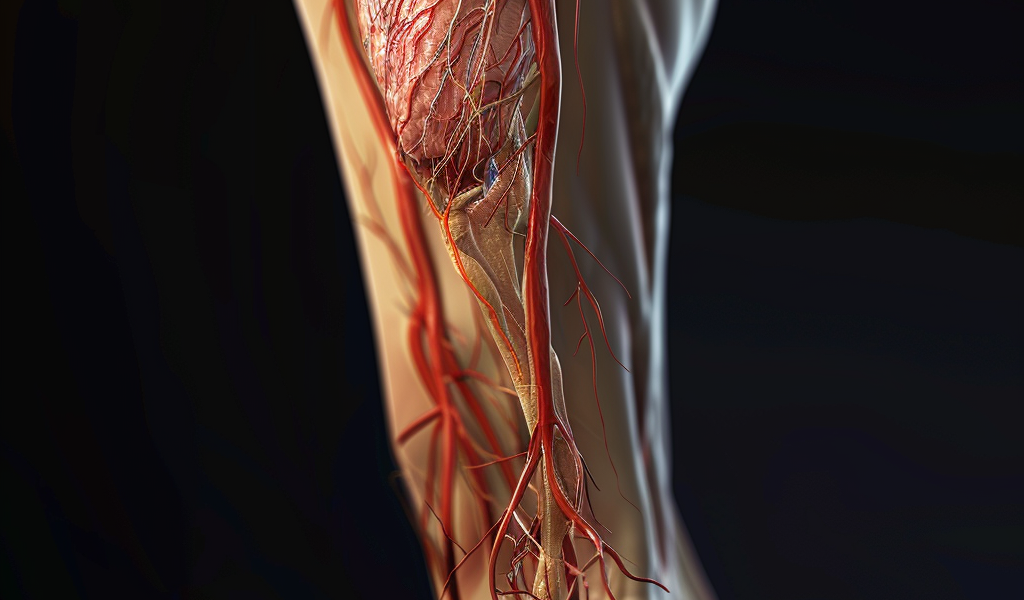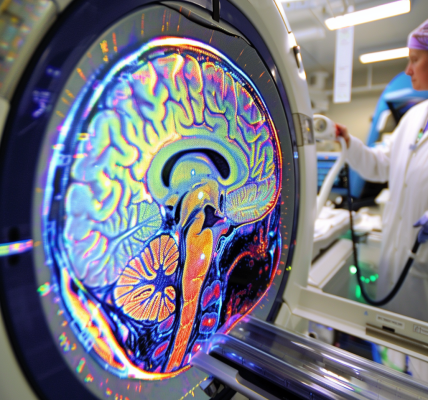Warning Issued by Surgeons and Cardiovascular Experts on Dangers of Poorly Managed Vascular Diseases
Orthopaedic surgeons and cardiovascular experts have recently issued a warning about the dangers of poorly managed vascular diseases, emphasizing that it could lead to limb amputation if not detected and treated early.
They have advised individuals at risk of vascular diseases to seek medical attention to determine their status and to undergo early intervention if they suspect any form of peripheral artery disease, a major cause of medical amputation, as well as other serious bacterial infections and blood clots.
Peripheral artery disease, also known as peripheral vascular disease, is a common condition that results in narrowed arteries, leading to reduced blood flow to the arms or legs and causing significant damage to the body. To diagnose this condition, a Doppler ultrasound test is necessary to assess the direction and speed of blood flow through the arteries and veins, identifying blood clots, narrowed arteries, and other issues affecting the heart and blood vessels in the legs, arms, and stomach.
Experts have highlighted that late detection of vascular diseases, such as blood clots and dead vessels, was reportedly the reason for the amputation and eventual death of the late Nollywood actor, John Okafor, popularly known as Mr. Ibu.
Furthermore, individuals with diabetes mellitus, serious bacterial infections and injuries, obesity, exposure to cigarette smoke, and the use of immunosuppressants are at a higher risk of amputation due to poorly managed vascular diseases. It is crucial for people to avoid conditions that may predispose them to the loss of limbs or eventual death.
Dr. Isaiah Abali, a Consultant Orthopaedic Surgeon at the Abia State University Teaching Hospital, emphasized the impact of poorly managed vascular diseases on medical amputation, describing Peripheral Artery Disease as a circulatory condition that reduces blood flow to the limbs due to narrowed blood vessels, a result of fatty deposits and calcium buildup in the artery walls, known as atherosclerosis. He also stressed that diabetes, obesity, and cigarette smoking are predisposing factors for peripheral vascular disease.





